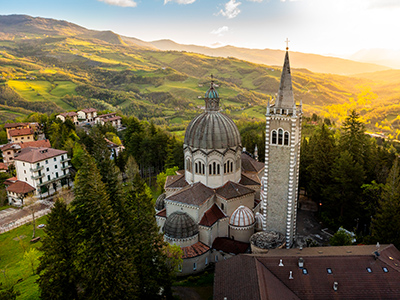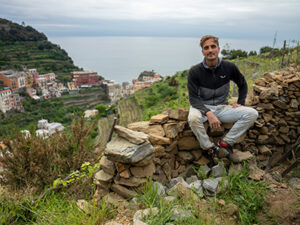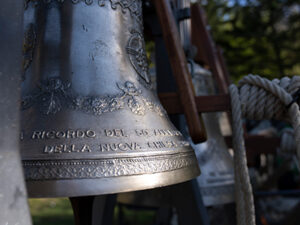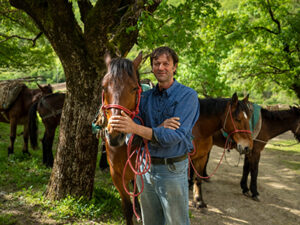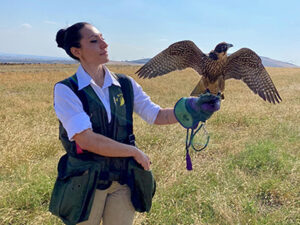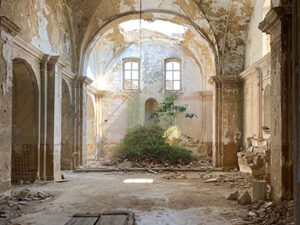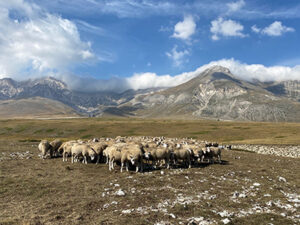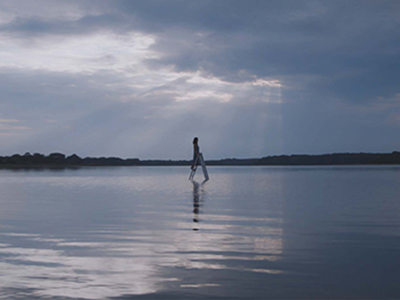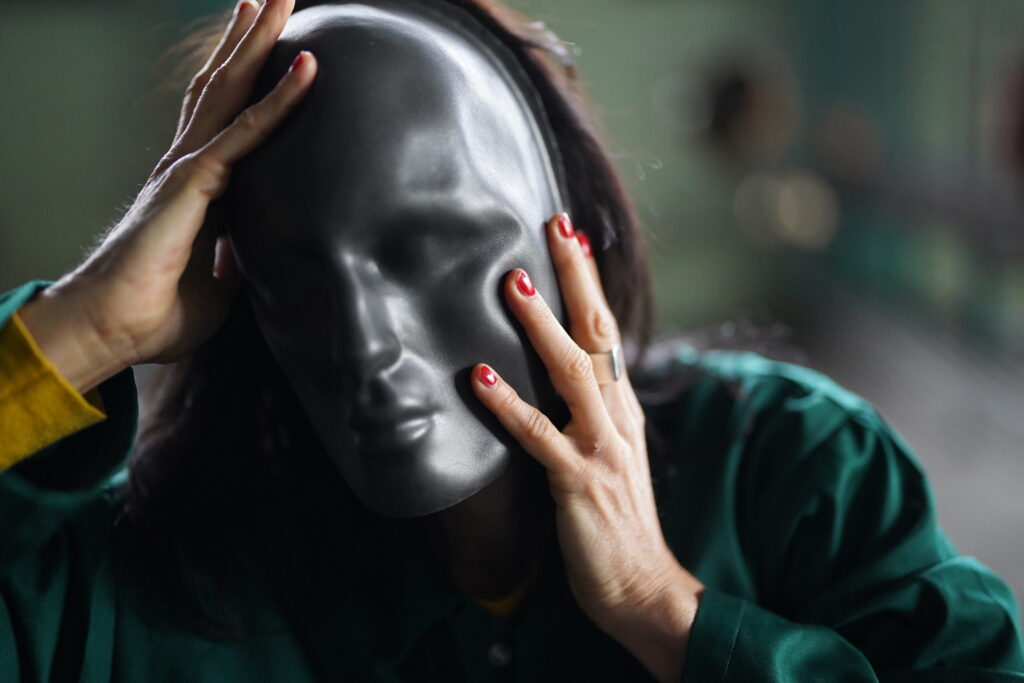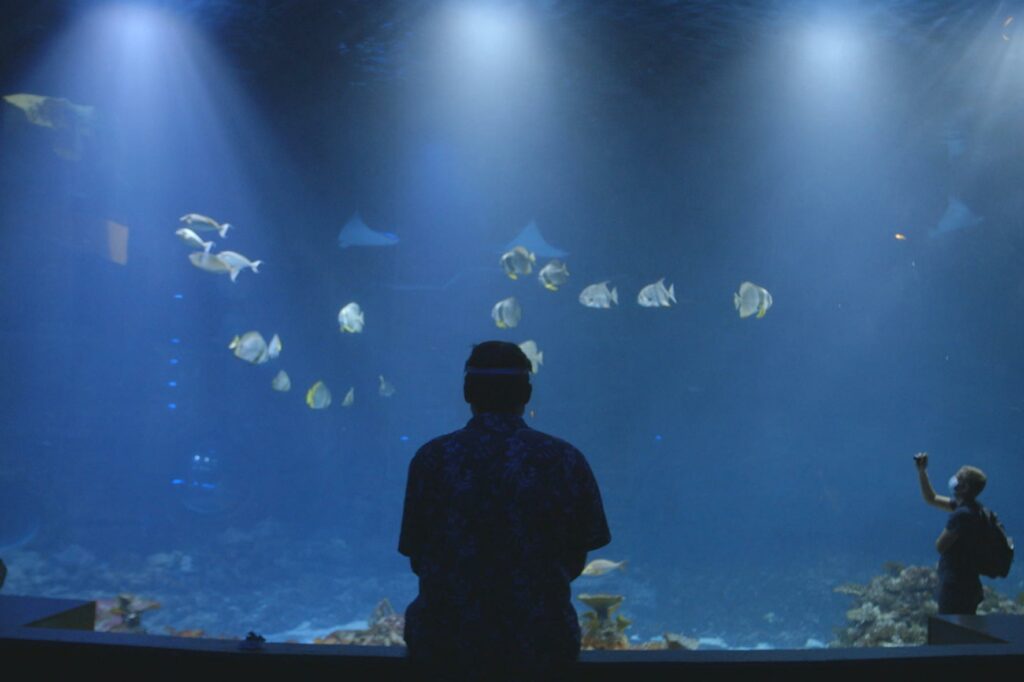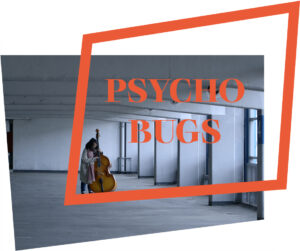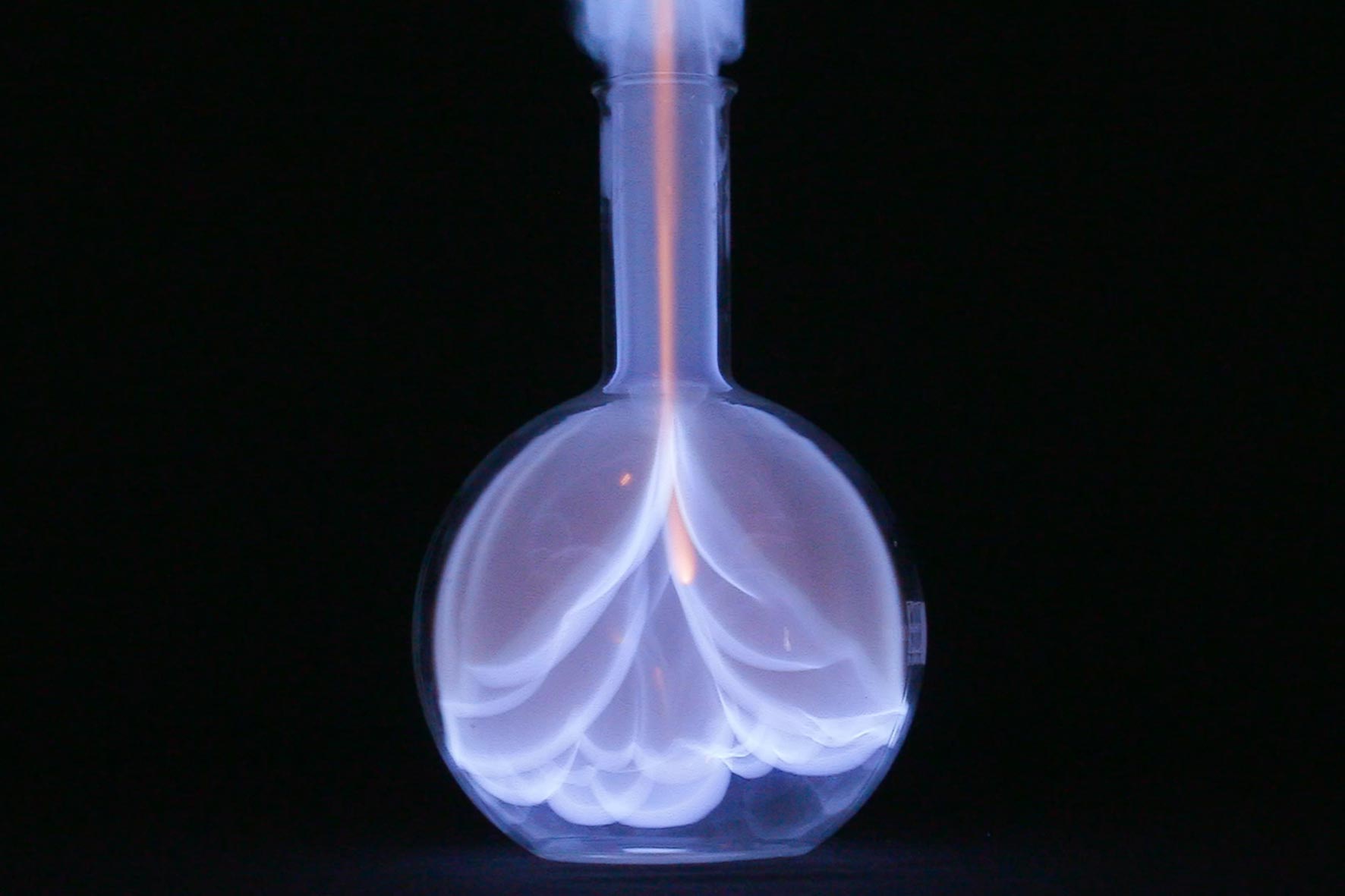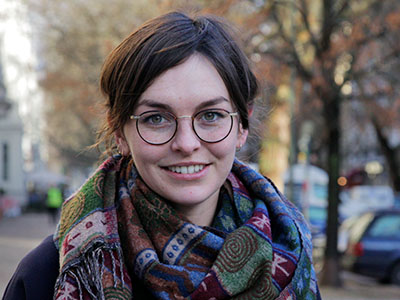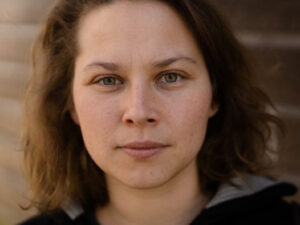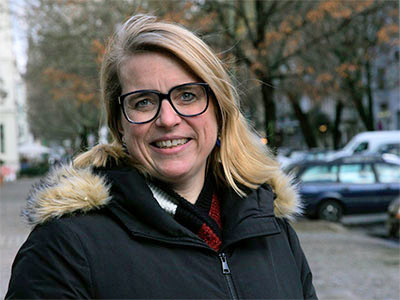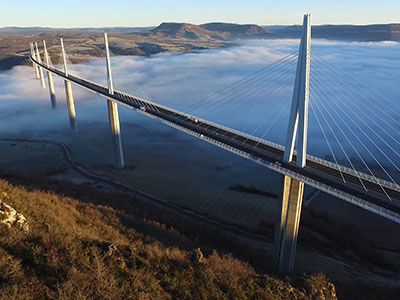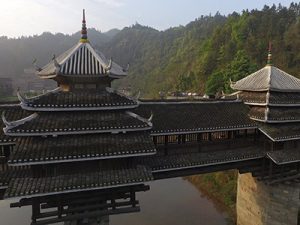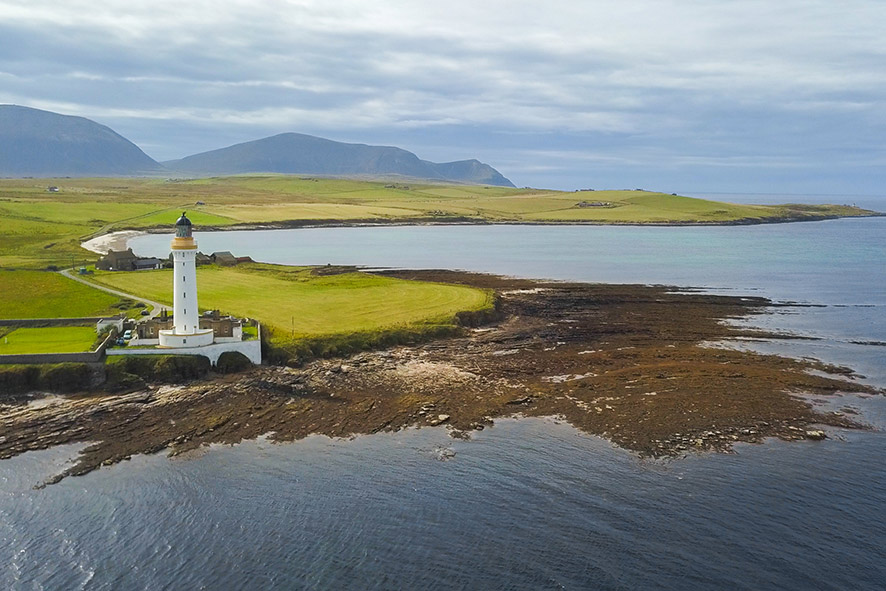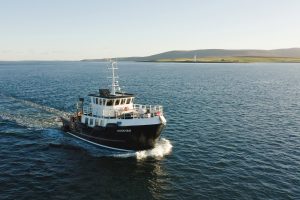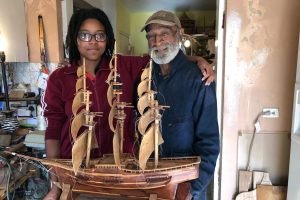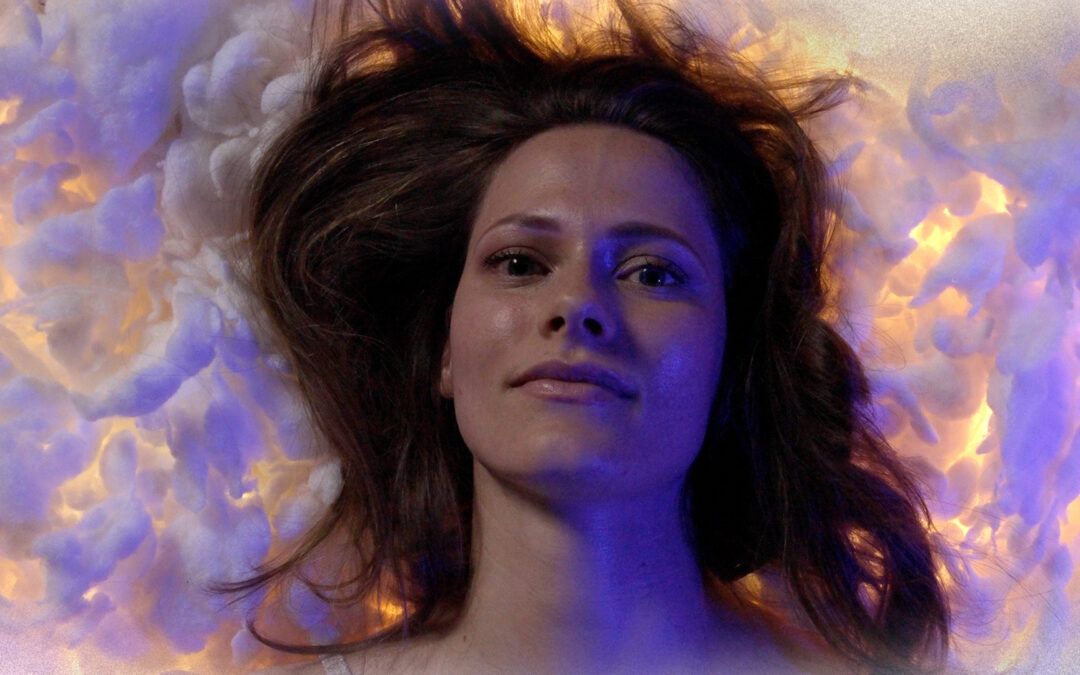
F*ck Berlin
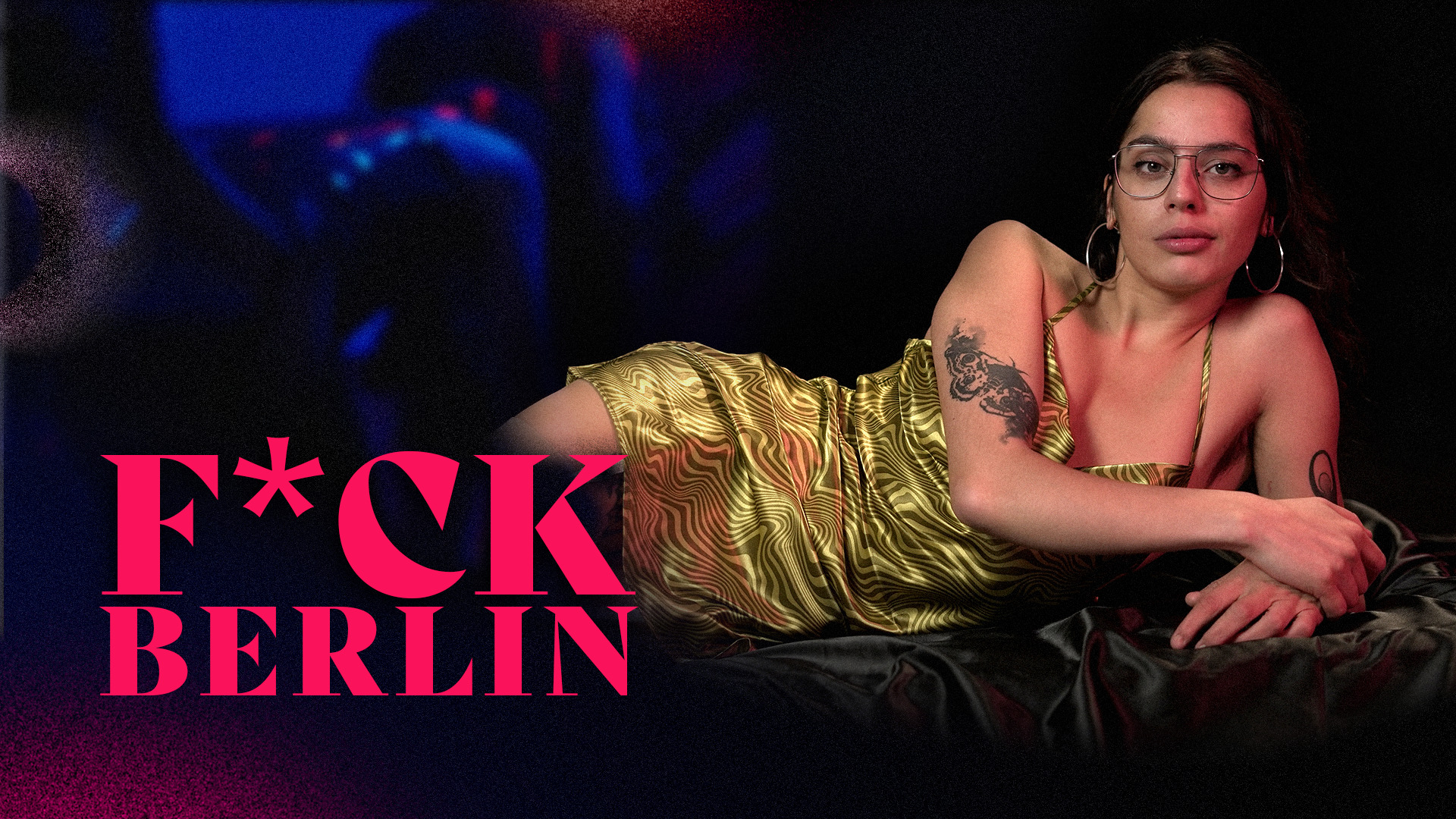
F*ck Berlin
A series by Marie Villetelle, 4x30 min, rbb, 2023One summer in the sex-positive scene of the capital city: They love several people at the same time, allow others to tie them up or whip them; they pursue wild fantasies or dance near-naked for the first time. Nine denizens of the scene share their experiences and feelings about the nightlife and tell of their sexual emancipation. F*ck Berlin is an intimate voyage of discovery with a female perspective on the subject of sex.

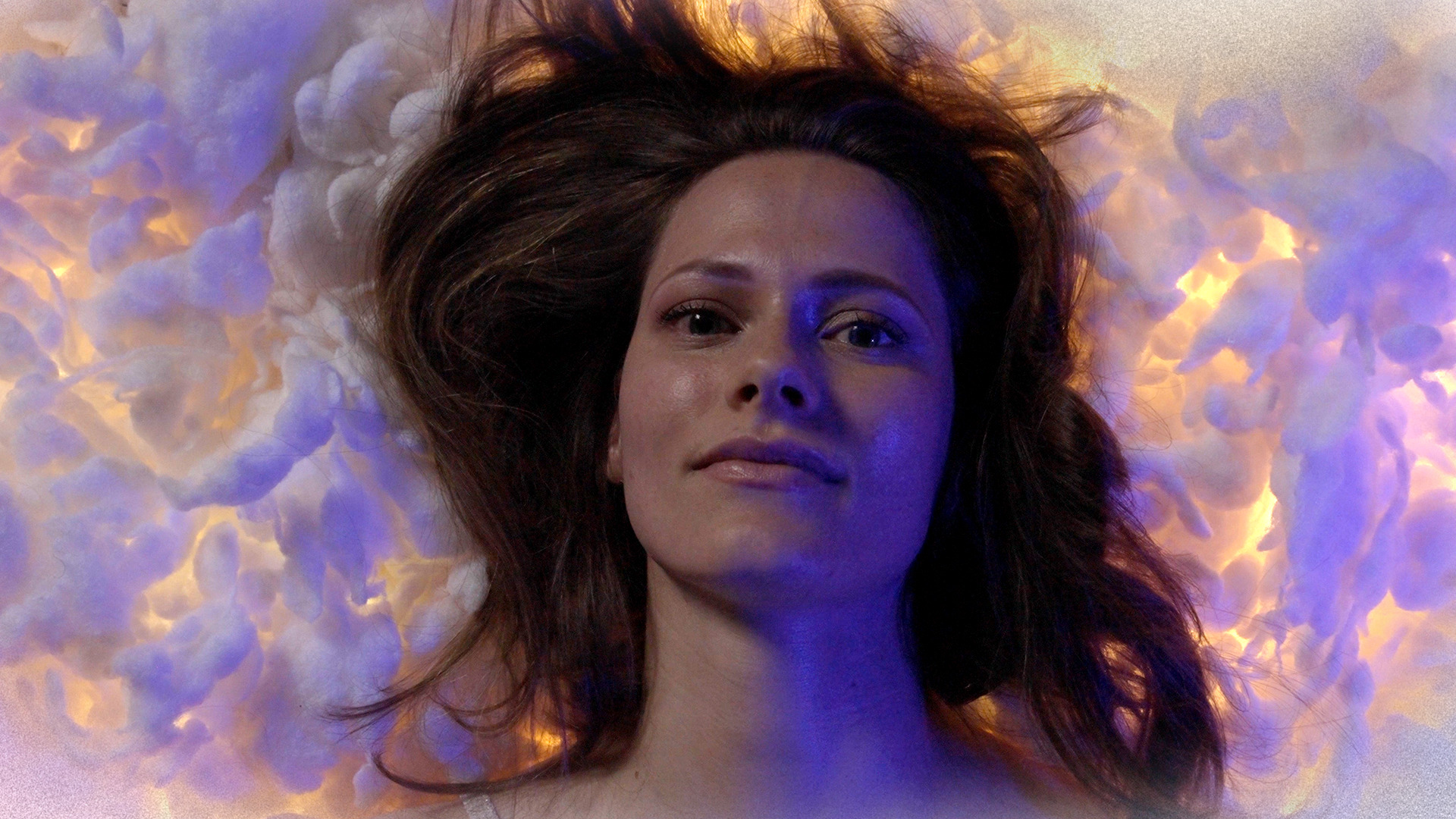 Party how you want to: All bodies, all genders and every manner of play – few cities outside of Berlin offer such freedom. Martina is completely new to the sex-positive scene. In the clubs of the city, she is hoping to find out what she really wants, besides sex in bed with one other person. Maria has a religious background and has recently explored how to reconcile her sexual desires with her faith.
Party how you want to: All bodies, all genders and every manner of play – few cities outside of Berlin offer such freedom. Martina is completely new to the sex-positive scene. In the clubs of the city, she is hoping to find out what she really wants, besides sex in bed with one other person. Maria has a religious background and has recently explored how to reconcile her sexual desires with her faith.

 Freeing yourself from conventional ideas through the joyous exploration of your own preferences: Katharina has lived this lifestyle for a long time and is reluctant to put a label on her sexuality. This summer, she is working on coping better with being alone – and falls in love. After breaking from her family, Medusa now feels completely at home in the BDSM scene. She’s keen to pass on her insights and experience to others.
Freeing yourself from conventional ideas through the joyous exploration of your own preferences: Katharina has lived this lifestyle for a long time and is reluctant to put a label on her sexuality. This summer, she is working on coping better with being alone – and falls in love. After breaking from her family, Medusa now feels completely at home in the BDSM scene. She’s keen to pass on her insights and experience to others.

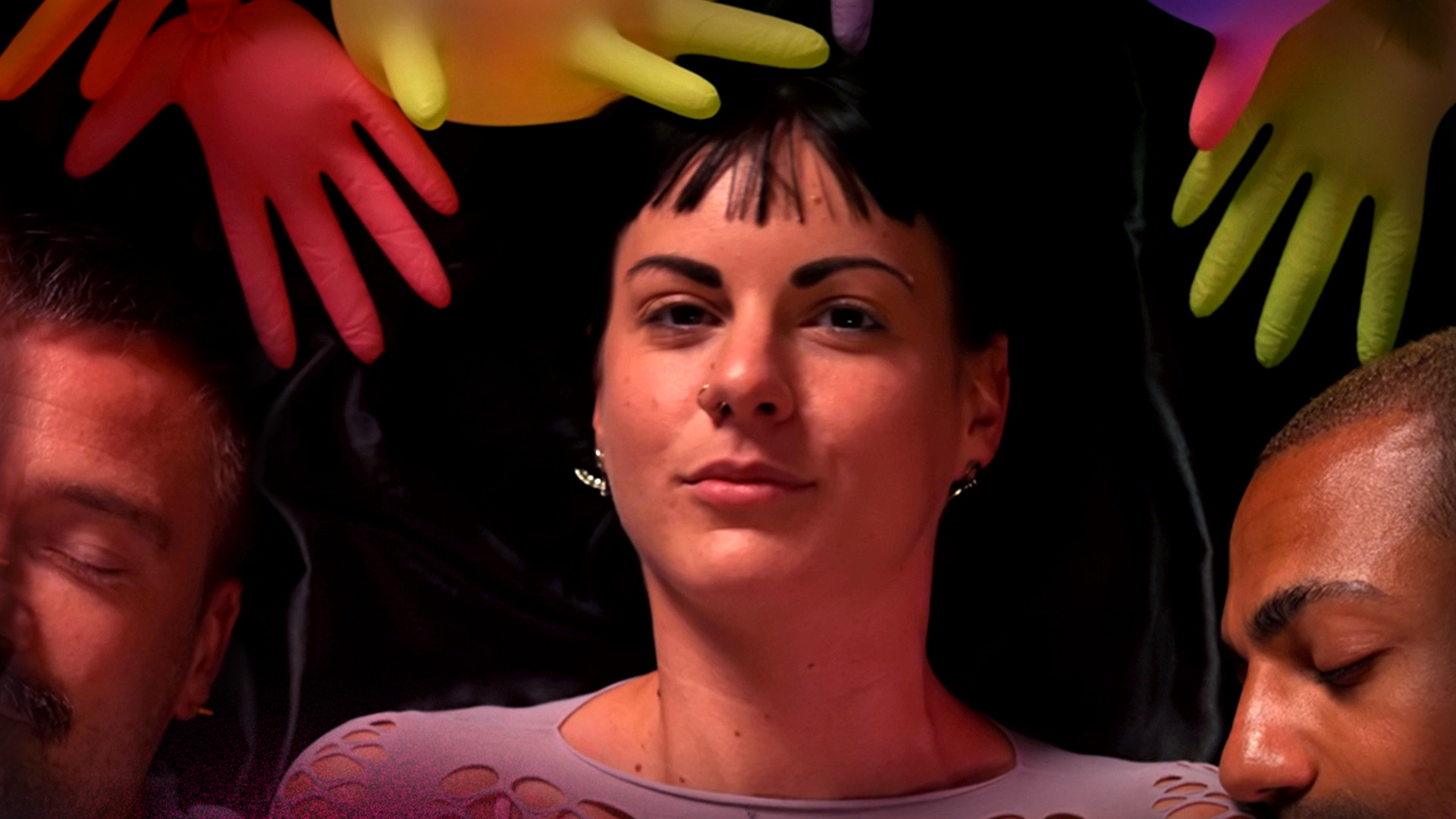 Beyond coupledom: Lisa and Chris live in an open marriage and openly discuss their anxieties and desires. This summer, they want to explore what it’s like when each of them go on their own dates. Nina met the love of her life at the age of 19, but it was always clear that she wanted to continue trying new things. She now has two children with her partner and little has changed in her sex life. They still have their fun, but are more likely to roam the nights alone.
Beyond coupledom: Lisa and Chris live in an open marriage and openly discuss their anxieties and desires. This summer, they want to explore what it’s like when each of them go on their own dates. Nina met the love of her life at the age of 19, but it was always clear that she wanted to continue trying new things. She now has two children with her partner and little has changed in her sex life. They still have their fun, but are more likely to roam the nights alone.

 Nothing is 100 percent safe – but “safe” rooms are particularly important for queer people. Elizabeth is a trans woman and Berlin has helped her to feel free for the first time. She is often out and about in the BDSM scene and is discovering new sides of herself. Marque has frequently experienced fetishisation. She’s unsure if she can regain her lightness if certain issues within the sex-positive scene aren’t addressed.
Nothing is 100 percent safe – but “safe” rooms are particularly important for queer people. Elizabeth is a trans woman and Berlin has helped her to feel free for the first time. She is often out and about in the BDSM scene and is discovering new sides of herself. Marque has frequently experienced fetishisation. She’s unsure if she can regain her lightness if certain issues within the sex-positive scene aren’t addressed.





